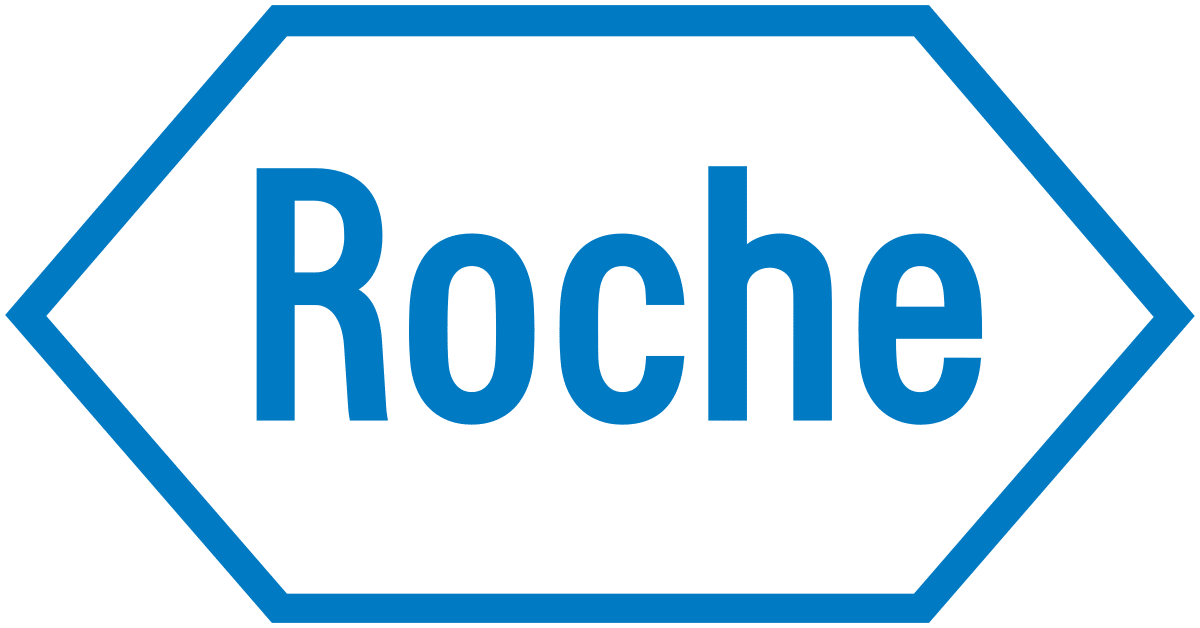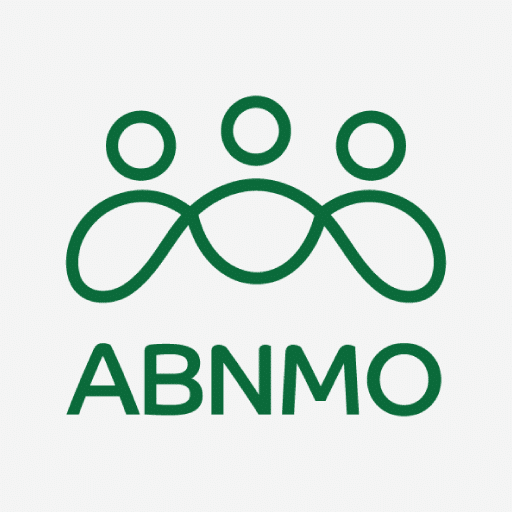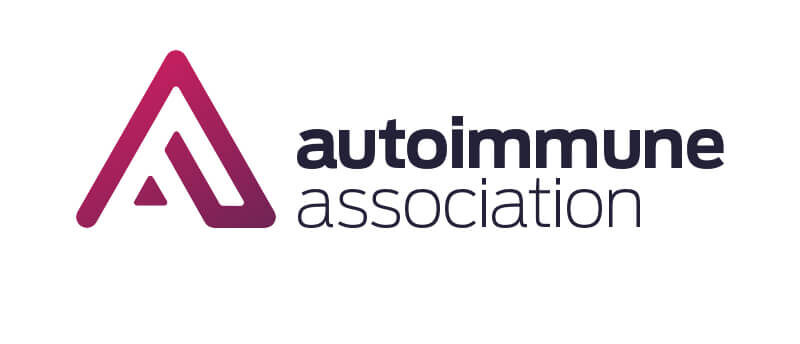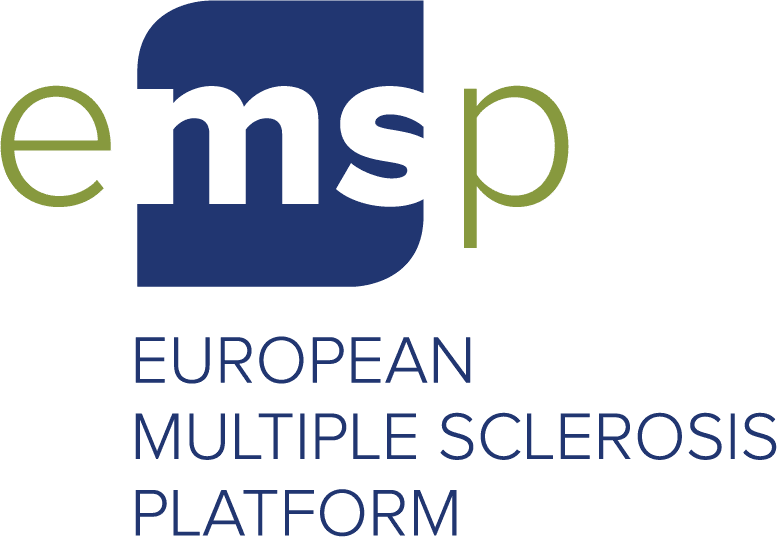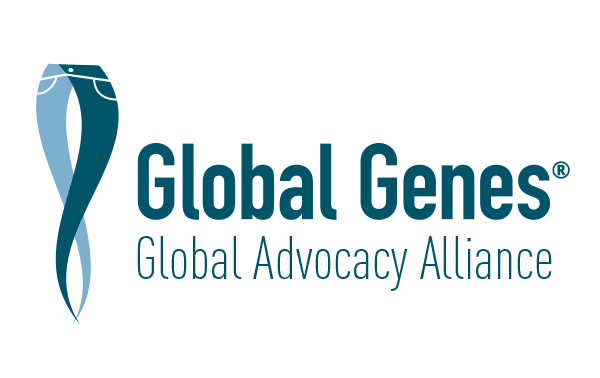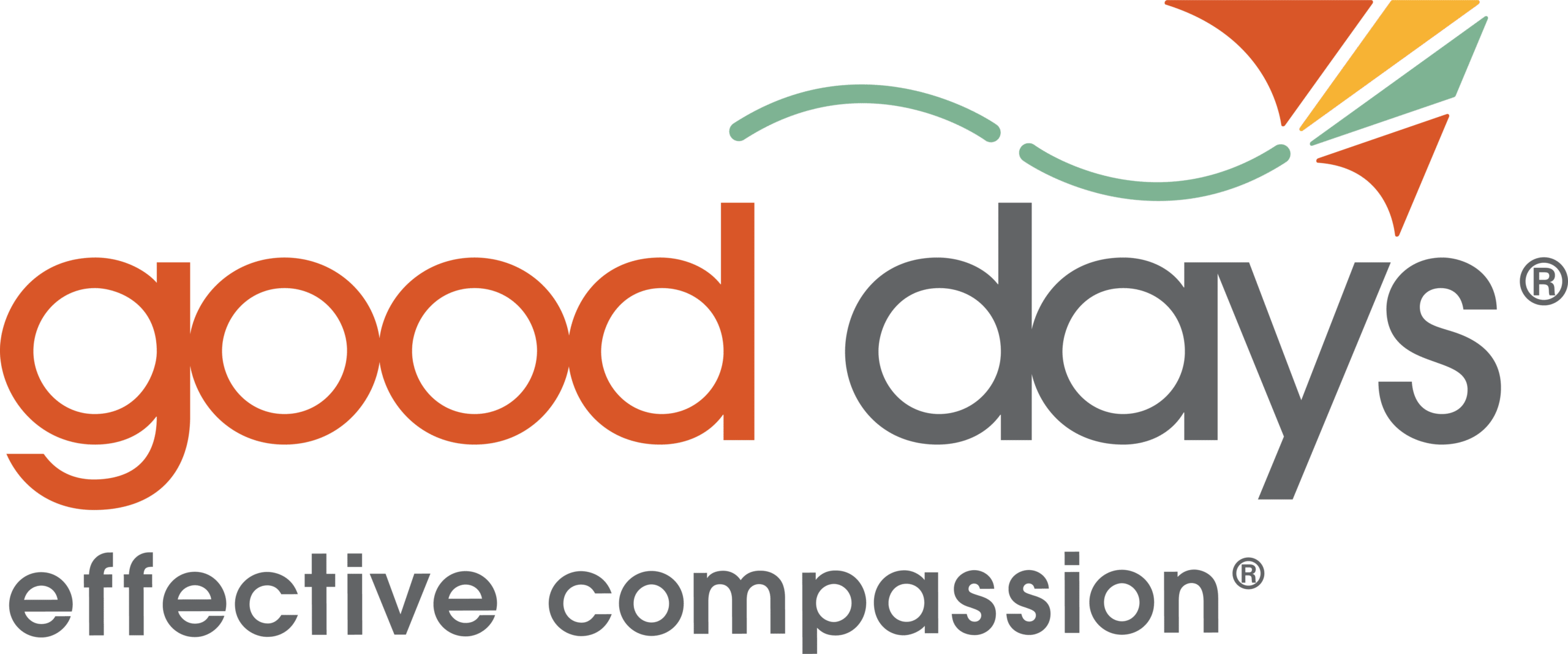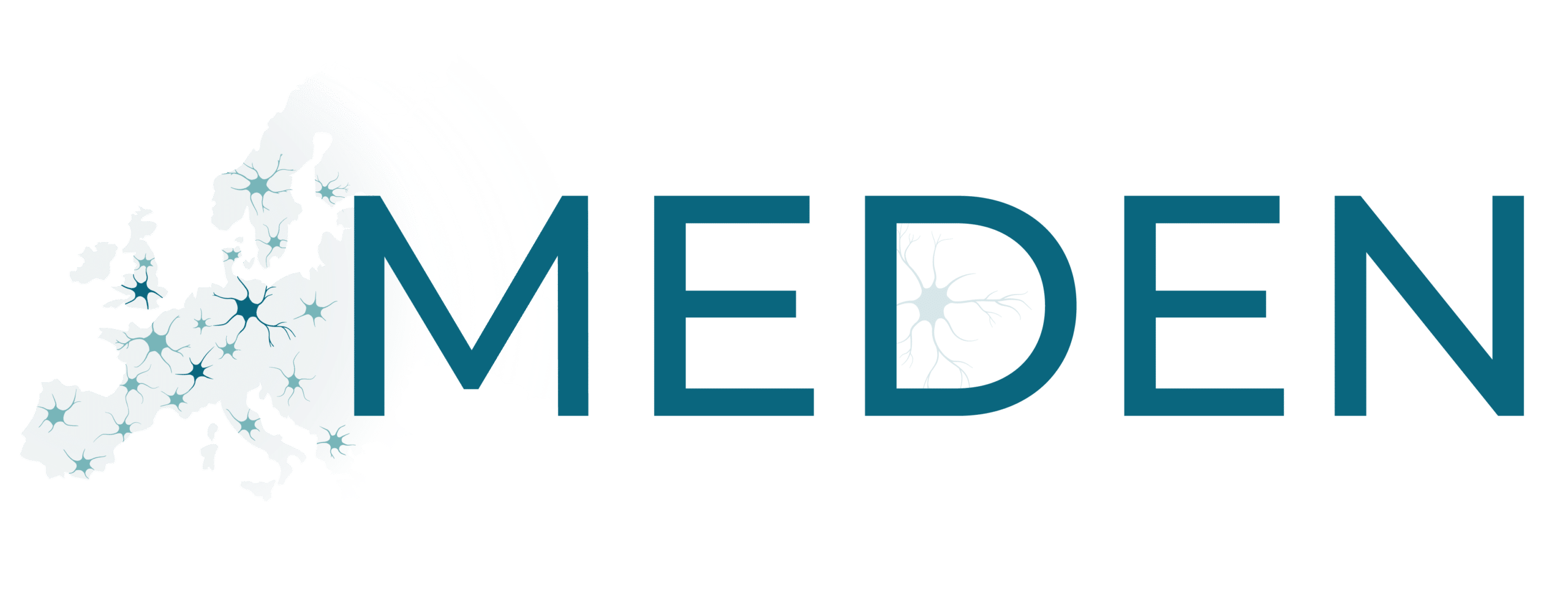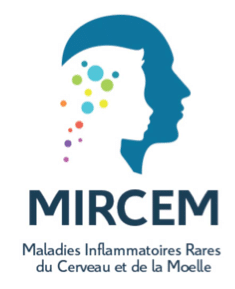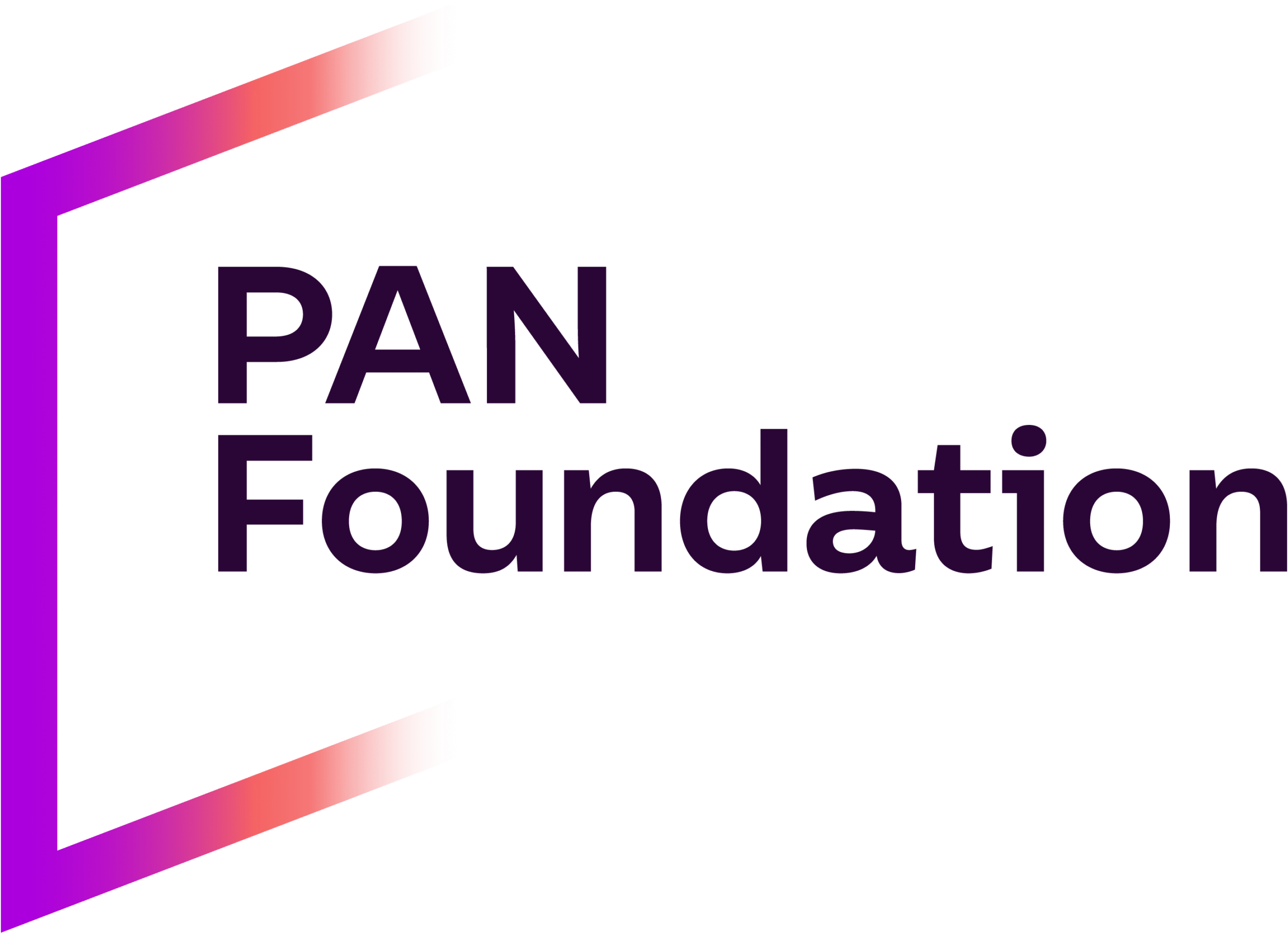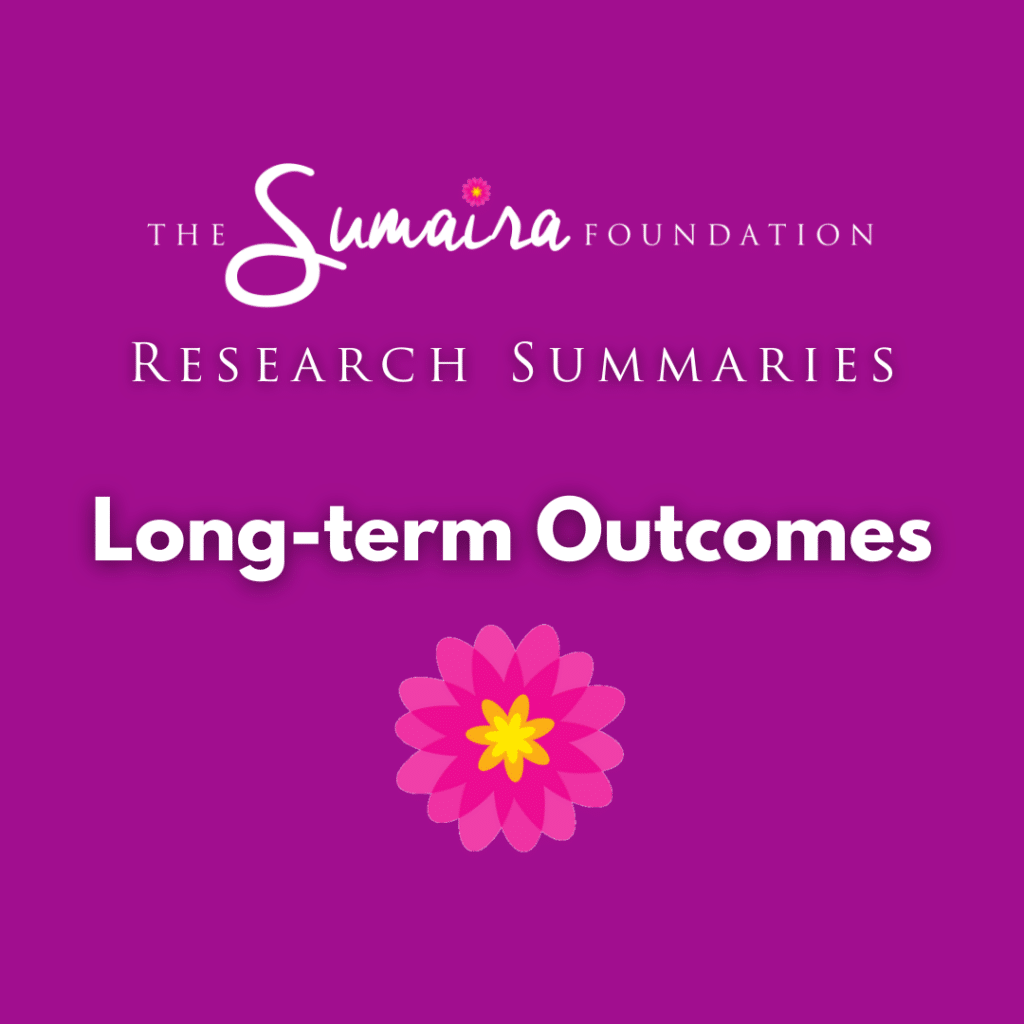
Do Early Relapses Predict the Risk of Long-Term Relapsing Disease in an Adult and Paediatric Cohort with MOGAD?
Journal: Annals of Neurology; July 3, 2023
Author(s): Bo Chen, Enrique Gomez-Figueroa, Vyanka Redenbaugh, Anna Francis, Chanjira Satukijchai, Yan Wu, Silvia Messina, Mario Sa, Mark Woodhall, Friedemann Paul, Neil P. Robertson, Ming Lim, Evangeline Wassmer, Rachel Kneen, Saif Huda, Camilla Blain, Christopher Halfpenny, Cheryl Hemingway, Eoin O'Sullivan, Jeremy Hobart, Leonora K. Fisniku, Roswell J. Martin, Ruth Dobson, Sarah A. Cooper, Victoria Williams, Patrick Waters, John J. Chen, Sean J. Pittock, Sithara Ramdas, Maria Isabel Leite, Eoin P. Flanagan, Ruth Geraldes, Jacqueline Palace
Does an early relapse after the first episode increase the risk of a relapsing pattern of MOGAD?
MOGAD can occur as a single isolated episode (monophasic) or as multiple episodes (relapsing). When the disease relapses repeatedly, there is an increased risk of long-term disability. This study aimed to determine whether an early relapse occurring within 1 year from the first episode (called “disease onset”) could be a predictor of how the disease would progress over the long term in MOGAD patients. 289 patients — a mix of adults and children — with MOGAD were followed for at least 2 years across 6 specialized medical centers. The results showed that in general, early relapses within 1 year from disease onset increased the risk of the long-term relapsing disease. It does not seem sufficient for patients with early relapses to receive only corticosteroid treatment; instead adult patients should be considered for immunosuppressant therapy as soon as possible.
Related article: Predictors of relapsing disease course following index event in myelin oligodendrocyte glycoprotein antibody-associated disease (MOGAD)
Free Access: Abstract only








